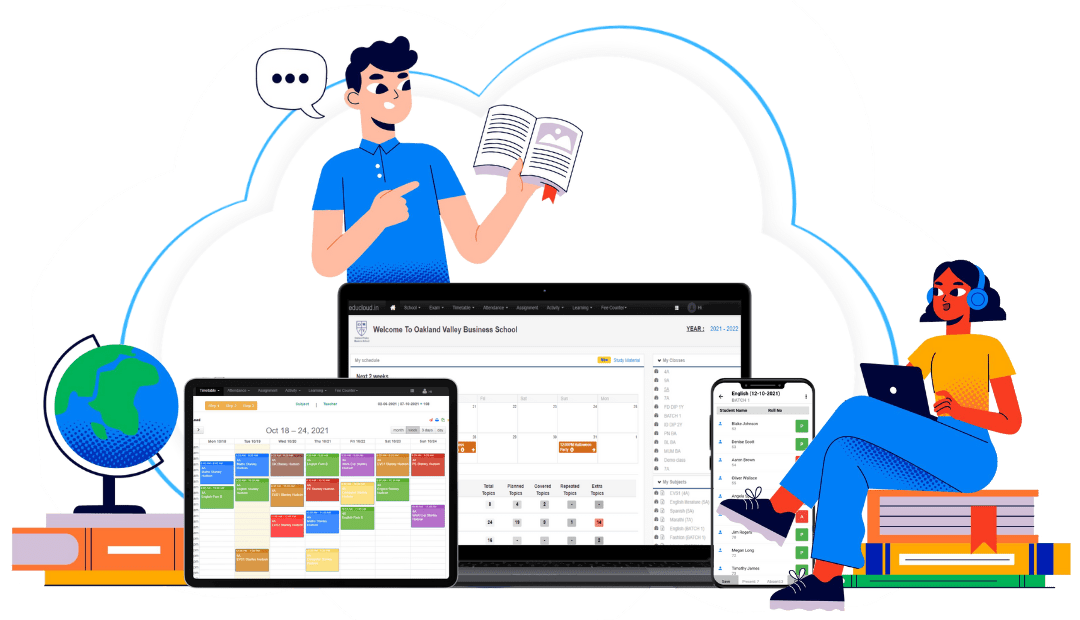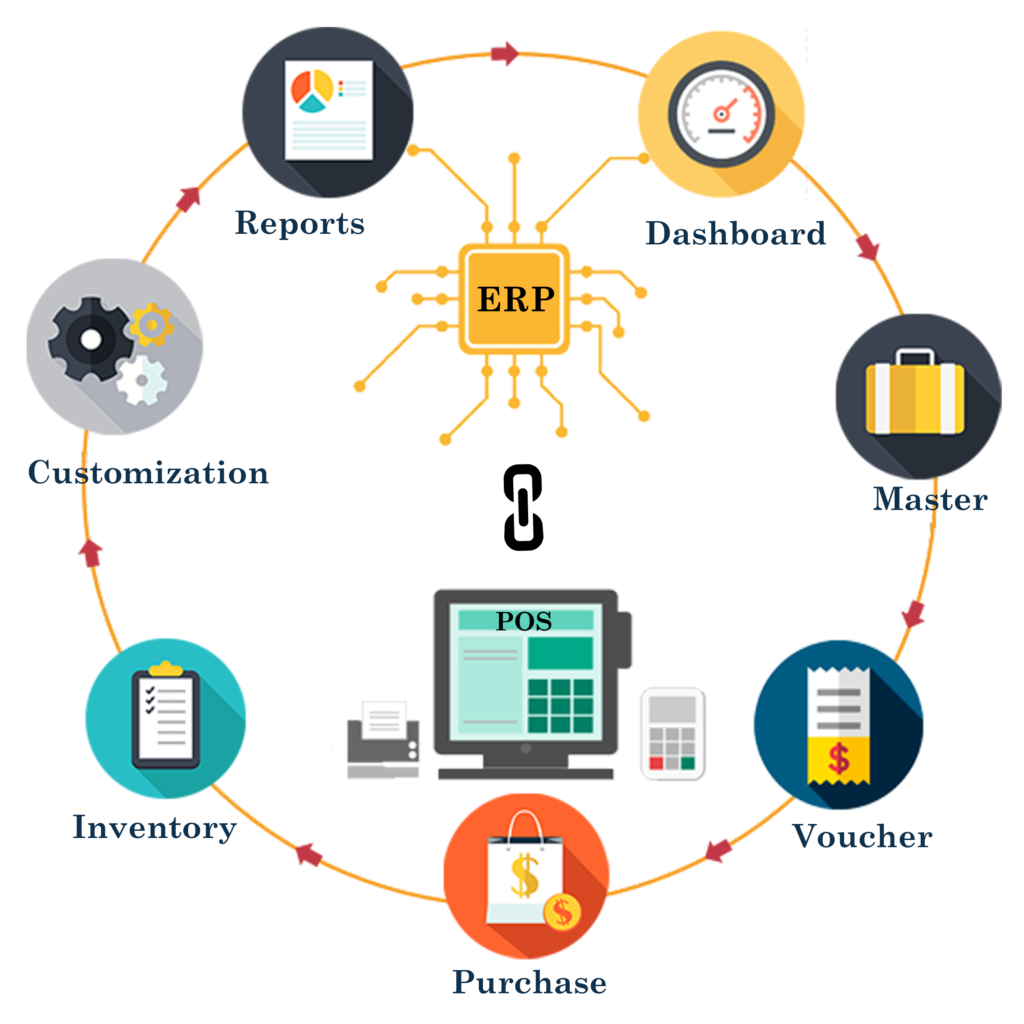ERP/POS Management System
An Enterprise Resource Planning (ERP) and Point of Sale (POS) management system is a software solution that integrates and automates a wide range of business processes. While POS systems primarily focus on sales transactions and inventory management, ERP systems offer a broader suite of features that cover areas such as finance, HR, production, and supply chain management. By combining the features of both systems, businesses can streamline their operations and improve efficiency.
Benefits of an ERP/POS Management System
An ERP/POS management system offers a range of benefits to businesses. Some of the key benefits include:
- Streamlined Operations: An ERP/POS system integrates all business processes into one centralized platform. This allows businesses to streamline their operations, reduce manual tasks, and eliminate the need for multiple software applications.
- Improved Inventory Management: An ERP/POS system provides businesses with real-time visibility into inventory levels and can help businesses optimize inventory levels and reduce waste
- Enhanced Customer Service: An ERP/POS system can help businesses provide better customer service by allowing staff to access customer information and purchase history at the point of sale.
- Better Financial Management: An ERP/POS system provides businesses with the tools they need to manage their finances more efficiently. Businesses can track revenue, expenses, and profits in real-time, and generate reports to help make informed decisions.
- Improved Business Intelligence: An ERP/POS system provides businesses with real-time data and analytics. This allows businesses to track performance, identify areas for improvement, and make data-driven decisions.
Key features
- Point of Sale: A POS system provides businesses with the tools they need to manage sales transactions, including the ability to scan products, process payments, and issue receipts.
- Inventory Management: An ERP/POS system allows businesses to manage inventory levels, track stock movement, and generate reports on inventory status.
- Financial Management: An ERP/POS system provides businesses with tools to manage finances, including invoicing, expense tracking, and payroll management.
- Customer Relationship Management: An ERP/POS system allows businesses to manage customer data, including contact information, purchase history, and customer service interactions.
- Supply Chain Management: An ERP/POS system can help businesses manage their supply chain by tracking orders, managing suppliers, and generating reports on supplier performance.


Challenges in Implementing an ERP/POS Management System
While an ERP/POS system offers many benefits, there are also challenges that businesses may face when implementing the system. Some of the common challenges include:
- Complexity: ERP/POS systems can be complex and require a significant investment of time and resources to implement.
- Integration: Integrating the system with existing software applications can be challenging, particularly if businesses are using outdated software.
- Training: To fully benefit from an ERP/POS system, employees need to be trained on how to use it effectively. This can require a significant investment of time and resources.
- Data Security: With sensitive business and customer data being stored in the system, businesses need to ensure that the system is secure and protected against potential data breaches.
- Training: To fully benefit from a school management system, teachers and staff need to be trained on how to use it effectively. This can require a significant investment of time and resources.
Conclusion
An ERP/POS management system can provide businesses with a range of benefits, including streamlined operations, improved inventory management, and enhanced customer service. While there are challenges in implementing the system, the benefits of using an ERP/POS system outweigh the challenges. By investing in an ERP/POS system, businesses can improve efficiency, optimize processes, and make data-driven decisions to achieve long-term success.

